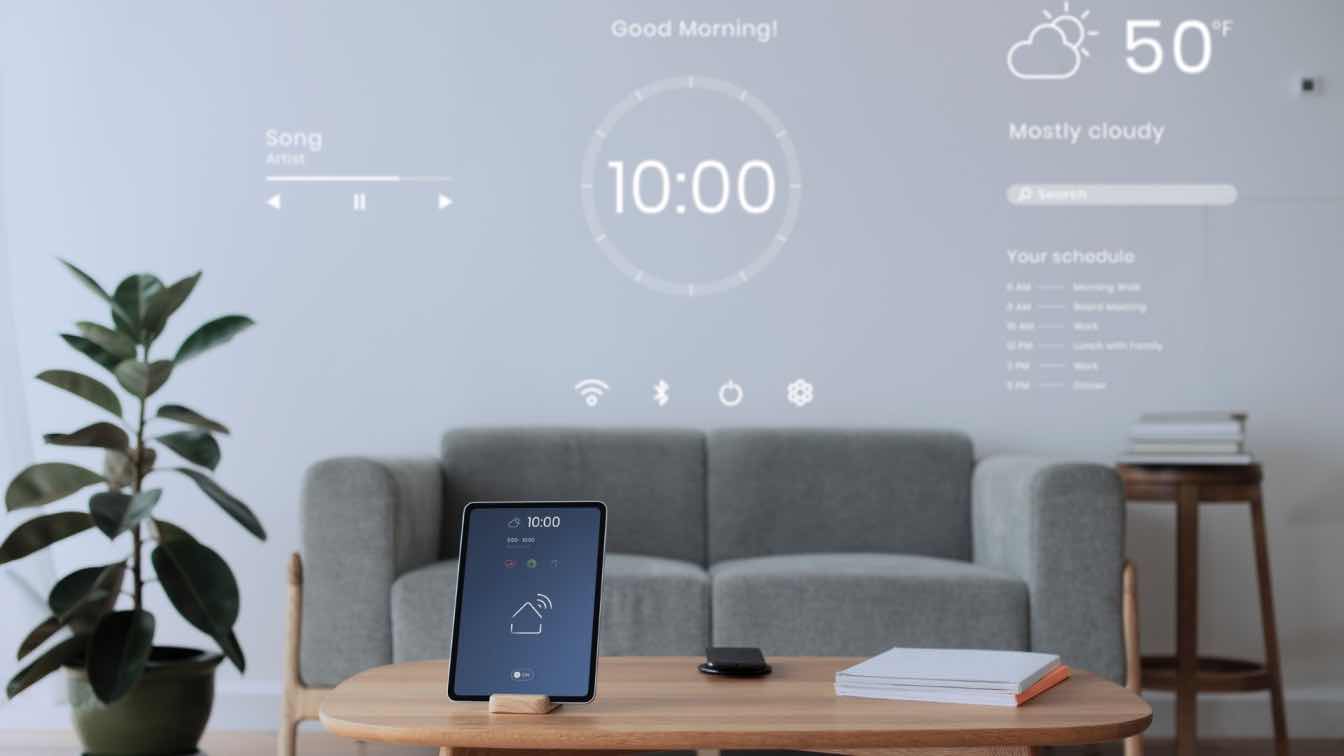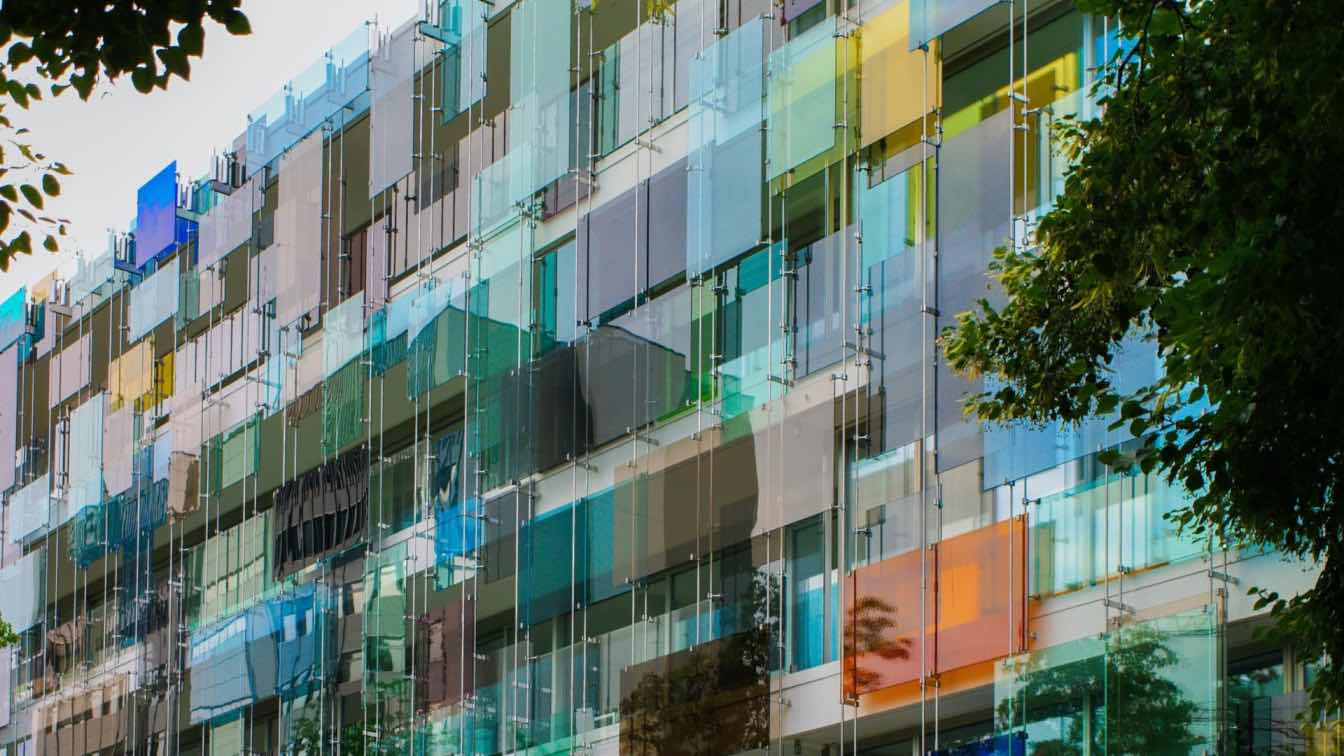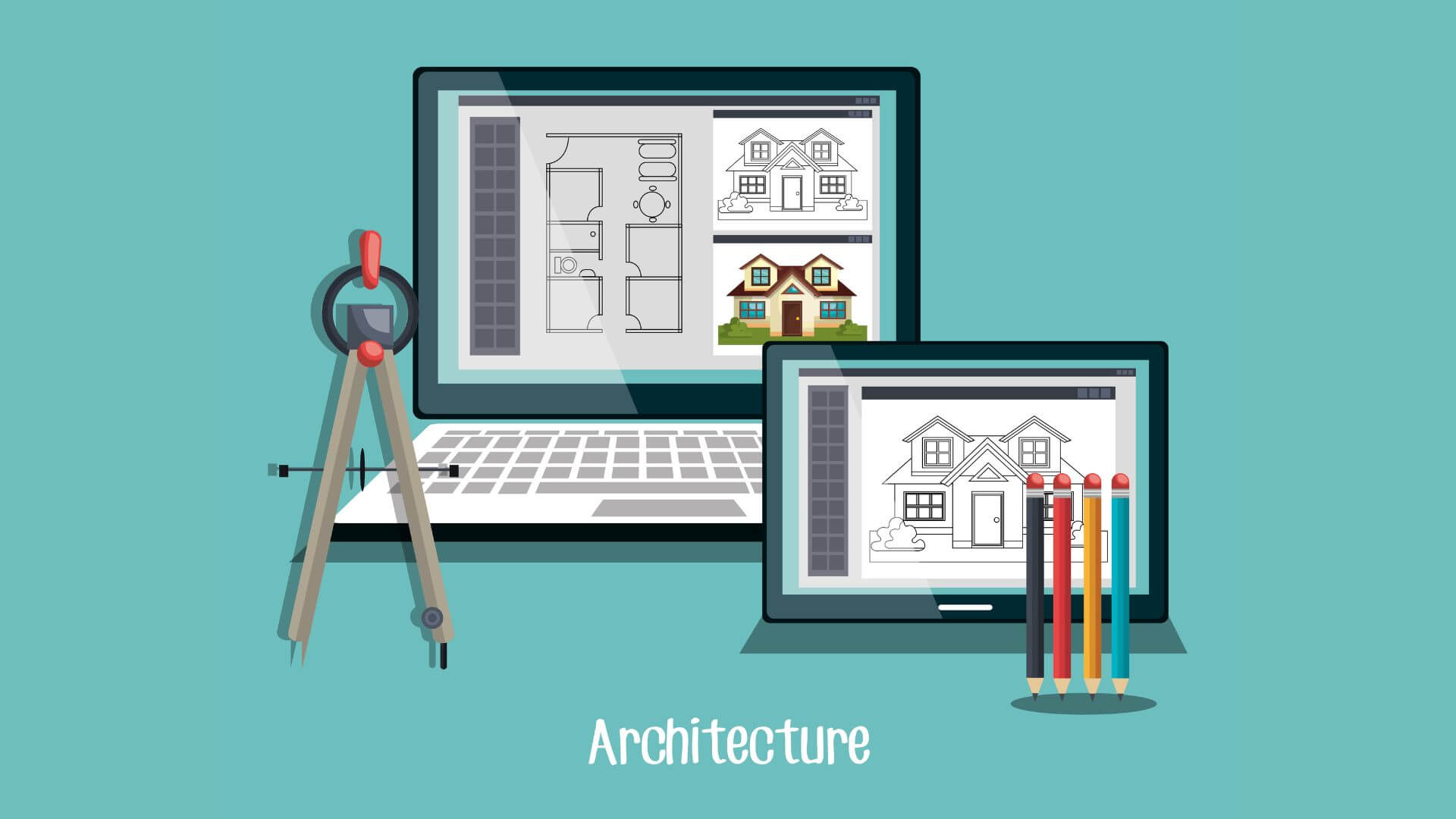Imagine living in a home that's not just bricks and mortar, but a smart, intuitive space that simplifies your life. A place where you can control the lighting, temperature, and even the security systems with just a swipe on your phone. Welcome to the world of smart home upgrades, a revolution in residential living that's changing how we interact with our homes.
From increased energy efficiency to enhanced security, smart home upgrades offer a plethora of benefits that go beyond mere convenience. They're reshaping our daily routines, helping us save time, money, and even the environment. In this article, we'll explore the myriad of advantages that these technological enhancements bring to our homes and lives.
Increased Energy Efficiency
Smart home technology excels in optimizing power usage, facilitating tremendous energy efficiency. For example, programmable smart thermostats automate the adjustment of a home's temperature based on the time of day or the family's schedule, thereby reducing unnecessary energy consumption. Lighting can be regulated too, with smart bulbs ensuring lights are only on when the space is in use or at predetermined times. As reported by the U.S. Department of Energy, smart home technology can potentially save homeowners up to 10% on heating and cooling costs and 20% on lighting costs.
Improved Home Security
Upgrading to a smart home can considerably enhance security. Homeowners gain control over their security systems via mobile devices, remotely monitoring video feeds from security cameras and receiving notifications of any unusual activity. Additionally, smart locks give them the ability to lock and unlock doors remotely. According to a report by Statista (2019), homes without security systems are 300% more likely to be burglarized, underlining the importance of smart security systems.
Enhanced Convenience and Comfort
The smart home revolution also elevates the comfort of residential living. Advanced technology like voice assistants allows homeowners to execute commands hands-free, controlling various home aspects such as lighting, temperature, or even media playback. Similarly, intelligent appliances like robotic vacuum cleaners and smart ovens work autonomously, delivering desired results with minimum human intervention. If you’re interested to know more about this, hop over to mygardenandpatio.com to understand how this easily programmed intelligence can help you streamline daily tasks, freeing up time and making home management a breeze.
Key Smart Home Technologies to Consider
Building on the myriad of benefits offered by smart home upgrades, this section highlights key technologies homeowners can consider to optimize their residential experience.
Smart Thermostats
Smart thermostats automate temperature control, optimizing energy consumption. By learning the homeowner's schedule and preferences, these devices adjust the home's temperature accordingly, improving efficiency. Using these thermostats, homeowners can minimize the use of heating and cooling systems when nobody's home, which in turn, lends itself to significant energy savings. For instance, the 'Nest Learning Thermostat' automatically learns your habits and adjusts itself, which according to Nest, results in saving an average of 10-12% on heating bills and 15% on cooling bills.
Smart Lighting Systems
With smart lighting, homeowners can control lights remotely from a smartphone or programmed settings, providing convenience and supporting energy efficiency. The employment of LED technology in smart lighting systems additionally reduces power consumption. Specialized systems like 'Philips Hue' even integrate with other devices, automate the brightness level and color of lights, creating an ambient atmosphere catering to various moods or occasions.
Home Security Devices
Enhanced security is one of the standout benefits of smart home technology. Devices such as smart locks, security cameras, and smart alarms offer remote monitoring and control, fortifying the safety quotient of homes. For example, 'Ring Video Doorbell' allows homeowners to monitor their front door remotely and receive notifications on their phone when someone approaches the door. Similarly, 'Google Nest Secure Alarm System' provides a holistic home protection suite featuring motion sensors, door/window sensors, and a loud siren. Notably, these devices often integrate with smartphone apps, enhancing immediate awareness and control over home security. Thus, by adopting such technologies, homeowners can reduce worries about possible security vulnerabilities and enjoy peace of mind.
Cost and Installation Considerations
Delving deeper into the implementation of smart home upgrades, let's dive into the key cost and installation considerations. This includes budgeting for the technology itself and choosing between professional and do-it-yourself installation methods. Given the complexity and range of smart home technology available, it's important to consider these aspects critically.
Budgeting for Smart Home Technology
Budgeting for smart home technology forms a crucial phase in the upgrade process. Most common smart home devices, such as smart thermostats like the Nest Learning Thermostat and lighting systems like Philips Hue, range in price from $100 to $250, while security systems, for instance, Google Nest Secure Alarm System, may go for $400 and above. It's significant to take into consideration additional costs like ongoing subscriptions for added functionalities, for instance, cloud storage for security cameras or premium app features.
However, it's essential to remember that these upfront costs translate into future savings. Devices like energy-efficient smart thermostats and lighting systems may cut down on monthly utility bills, contributing to long-term saving. Thus, consumers must factor in potential cost offsets when budgeting for smart home technology purchases.
Professional vs. DIY Installation
The decision to choose professional installation versus do-it-yourself methods largely depends on the complexity of the device and the consumer's level of technical expertise.
For straightforward enhancements like smart lighting or plug-in devices, consumers may often execute the installation process themselves by following provided instructions. However, for intricate systems like smart thermostats or home security systems, professional installation becomes a safer and more reliable choice. This ensures that systems function correctly and efficiently.
It's important to note that opting for professional installation incurs an additional cost, generally between $100 and $200, and sometimes higher for more complex systems.
Long-Term Impacts of Smart Home Upgrades
In the long run, smart home upgrades can bring about several beneficial implications that extend beyond immediate comfort and convenience. Let's delve into two crucial aspects of these long-term impacts: property value enhancement and environmental sustainability.
Property Value Enhancement
Smart home technologies have the potential to notably elevate the value of properties. Studies indicate that homes integrated with smart technologies can yield a median increase in valuation of about 5%. This uptick in property value stems from the incorporation of smart features like intelligent lighting systems, advanced security devices, and energy-efficient appliances.
For instance, home automation systems that do more than singular tasks—like those that manage temperature, lighting, and security simultaneously—tend to have a higher positive impact on property value, Exemplifying this claim, a Zillow study found that homes with smart thermostats had a sale price that was 3% higher than similar homes without such features in the same area.
Environmental Sustainability
Smart home technologies embody the ideals of environmental sustainability by promoting responsible energy consumption. Smart thermostats, for example, optimize heating and cooling cycles in the house, leading to an average reduction in heating and cooling energy use by 10 - 12%. Similarly, intelligent lighting systems can save up to 60% energy compared to traditional lighting solutions by auto-dimming or shutting off lights in unoccupied areas.
Besides energy conservation, smart home devices contribute to water efficiency too. Smart irrigation systems tailored to local weather conditions can reduce landscape water use by 20 - 50%. Harnessing such environmental benefits can allow homeowners to actively participate in conservation efforts, underscoring the broader, meaningful implications of smart home upgrades.
Smart home upgrades are a savvy investment that can increase property value, while also promoting environmental sustainability. So, whether it's about making a home more energy-efficient, secure, or comfortable, smart home upgrades are a win-win, offering both immediate and long-term benefits. It's clear that these upgrades are more than just a trend - they're the future of home living.





